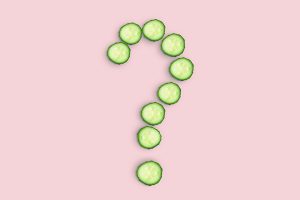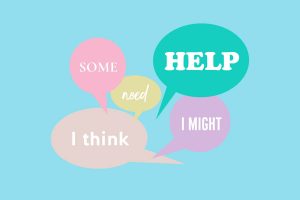How to cope with the uncertainties of 2022 – the introvert’s way

The pandemic has been, and continues to be, an introvert’s paradise in many ways – they certainly aren’t too affected by social cancellations, for one. And as we start 2022 with the distinct possibility of further restrictions on social mixing, it’s worth asking how we can all try to approach life the way introverts do?
Of course, there is a close link between physical, mental and emotional health and for us to function properly as human beings these need to be in alignment. So, a less frenetic and outward focussed approach to life could be the way forward. Introverts certainly have many qualities that often go uncelebrated. In an age when it feels almost compulsory to share our every thought and opinion with our online friends and followers, we could learn from how introverts value quiet time for recharging and aim to take this with us into the new year.
The introverted approach to life
Low maintenance
Introverts are largely independent as they’re not stimulated by or reliant on other people. In fact, they can find people draining. An introvert typically enjoys time spent alone without unwanted stimulation, and uses it to recharge their batteries. So, they are less likely to let their reserves run down and retain the ability to recover quickly from setbacks. Today’s society puts a great deal of emphasis on teamwork and being a team player. But introverts often prefer to work independently, which can mean that they require less supervision at work.
Measured
An introvert’s inclination is to reflect and observe rather than react and respond. So, while decisions may take a little longer, they have been properly considered and there is less likelihood of a change of heart. All of which makes introverts good problem solvers, critical thinkers, planners and, perhaps surprisingly, often good salespeople (because they know their product back to front and have considered all possible objections).
Good friends
Introverts prefer quality relationships over quantity. They are discriminating in who they allow into their world, and they value and nurture the relationships they develop. Introverts really listen to what the other person is trying say in conversation rather than focusing on how they might interject with their own contribution. They are often more interested in receiving information than divulging it – which makes them very good secret keepers too!
Knowledgeable
Introverts are the kings (and queens) of concentration. They can immerse themselves in solitary activities like research or writing for extended periods of time. This hyper focus allows them to become extremely well-informed in many areas of interest. By nature studious and lovers of information, introverts enjoy learning and discovering new things and think that knowledge is power. But they are also happy to share that expertise with others.
Self-aware
Introverts tend to enjoy thinking about and examining things in their own minds. Including their own preferences, feelings and motivations, how others see them and how they fit into the world. This often means they are better able to manage their emotions and are inclined to act consciously (rather than react passively). There is strong scientific evidence that people who know themselves and how others see them are happier.
If you’re interested in labels and would like to establish whether you’re officially an introvert then there are lots of tests available online – including this one.
Robin Kiashek is a London-based Osteopath and Naturopath. He is registered with The General Osteopathic Council and The British Naturopathic Association, and has expanded his breadth of expertise to encompass a range of therapies, including Low Level Laser Therapy, Western Acupuncture, Autogenic Training and Neuro Linguistic Programming (NLP).











